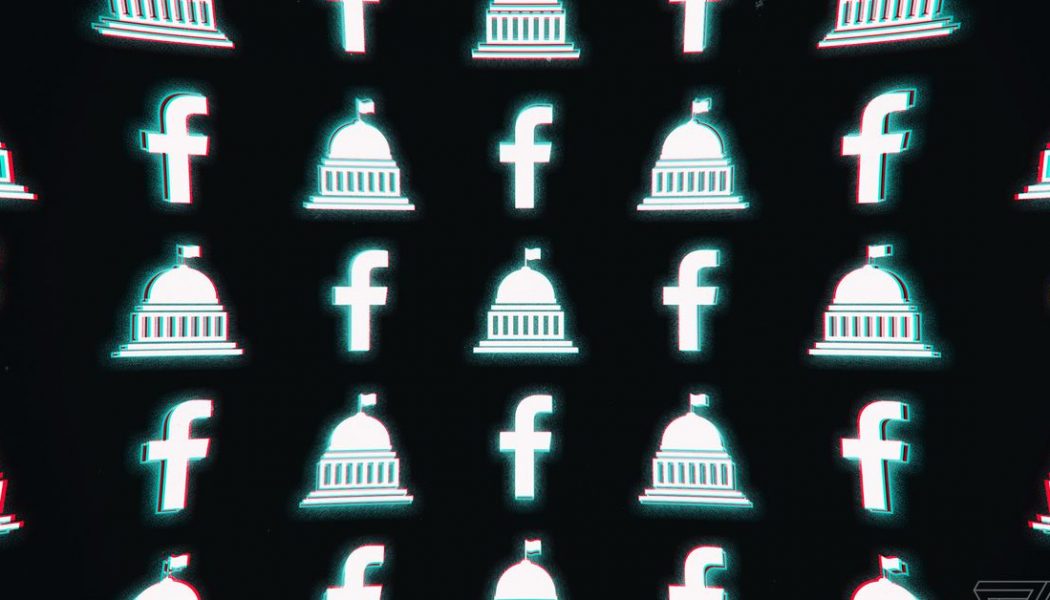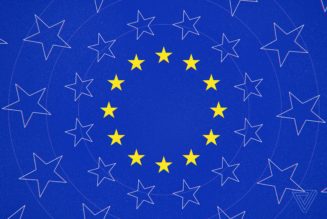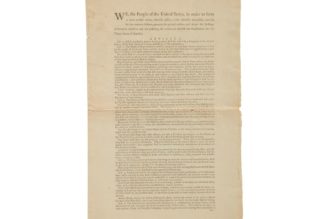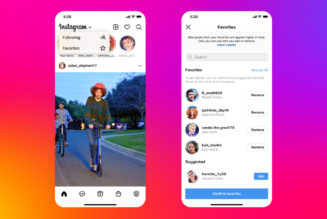
Facebook on Wednesday announced an extension on its political advertising ban for at least another month, citing delays in election results due to COVID-19 and unprecedented rates of mail-in and absentee voting. The extension was announced in an update posted to its original blog post on the topic.
“The temporary pause for ads about politics and social issues in the US continues to be in place as part of our ongoing efforts to protect the election. Advertisers can expect this to last another month, though there may be an opportunity to resume these ads sooner,” the update reads. “Getting the US election results this year may take longer than in previous elections due to the coronavirus (COVID-19) pandemic and more people voting by mail. We’ve introduced a range of policies and products to help protect the integrity of the election and reduce opportunities for confusion or abuse.”
What Facebook does not explicitly mention is that the current US presidential race has already been called in favor of President-elect Joe Biden, while President Donald Trump has refused to concede and is using claims of election fraud to dispute the results and mount legal challenges in battleground states.
That means Facebook’s ad ban is in effect preventing Trump from falsely declaring victory through ads or using its network to make other false or misleading claims (although he may still do so by posting through his page or other White House accounts). And because Trump’s refusal to concede and the fallout from that decision may only drag on well into next month and possibly January ahead of Inauguration Day, Facebook’s ad ban appears to be one tool the company thinks it will need to prevent further spread of misinformation on its social network.
Facebook’s political ad ban was announced at the beginning of October and took effect on Election Day. It was the result of many months of deliberation within the company’s executive ranks, and harsh condemnation from critics over its inaction, on how best to handle an election cycle rife with misleading claims of voter fraud, unverified messaging regarding the COVID-19 pandemic, and other politically charged topics.
Facebook, like Twitter and YouTube, have been engaging in a high-profile game of moderation whack-a-mole, most prominently against the president and his campaign, over misleading and false information posted to its network since November 4th. Yet because the ad ban is in place, Facebook is able to label posts from Trump in ways they would not be able to do so if the messages were promoted political ads.
Democrats are also concerned the ban will hamper their digital campaigning efforts to secure coveted Senate seats in the Georgia runoff elections in January, according to Roll Call. Without Facebook ads, party officials worry they won’t be able to use momentum from Biden’s presidential win to galvanize voters online.
“If Facebook and Google are truly incapable of reviewing and safely running Georgia Senate ads without opening the floodgates of paid disinformation across their platforms, it’s a damning indictment of their own business model,” said Nicole Gill, executive director of tech policy advocacy group Accountable Tech, said in a statement. “These companies are already failing to curb the viral spread of conspiracy theories designed to delegitimize our elections. As has always been the case, deceptive organic content — boosted by toxic algorithms – continues to drive social media’s disinformation crisis; not paid content. Preventing campaigns from running ads to inform Georgians about how and why to participate in these critical runoff elections is actively harmful to democracy.”
Since the ban took effect, Facebook’s internal monitoring tools have also begun registering an increase in “violence and incitement trends.” The company ranks such data as a reflection of how people organize, discuss, and share links on the platform, and it’s only become more worrying since Election Day and since Trump and his campaign have begun amping up rhetoric around refusing to concede and peacefully transfer power.










